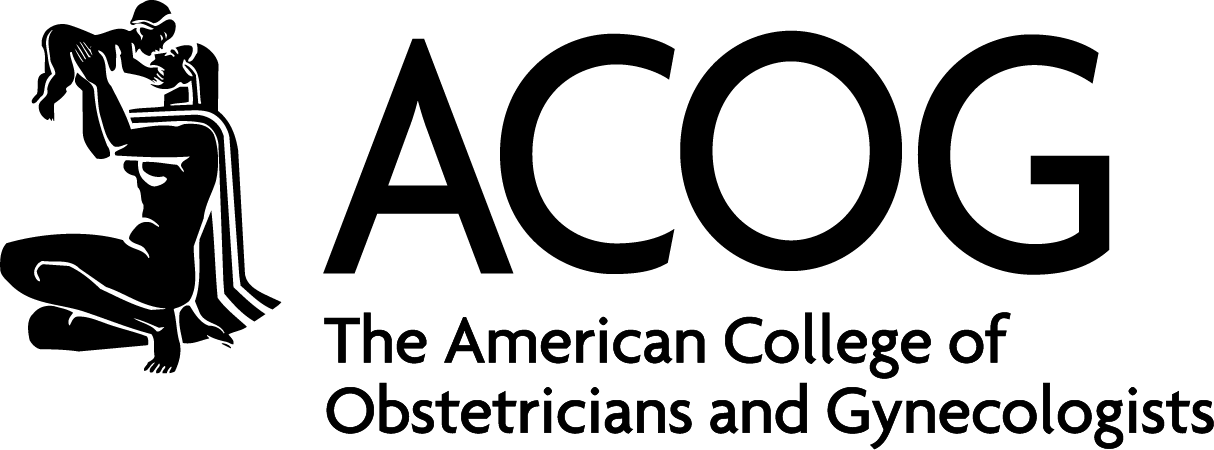
Editor's Note The Accreditation Association for Ambulatory Health Care (AAAHC) launched a new pain management toolkit that prioritizes multimodal strategies to improve outcomes and reduce opioid use in ambulatory surgery. Designed for the unique challenges of outpatient care, the resource provides practical, evidence-based guidance to optimize safety, comfort, and recovery.…

Editor's Note A new international consensus offers the first multidisciplinary definition and set of recommendations for group-based preoperative education programs, sometimes referred to as “surgery schools.” Published June 21 in the British journal Anaesthesia, the expert-driven guidance aims to improve patient preparation, experience, and recovery for those undergoing major elective…

One of the most sobering moments in the career of anesthesiologist Cornelius Sullivan, MD, occurred not as a caretaker in the OR, but as a patient in the emergency department. Having been knocked out cold by a low-hanging monitor during a surgical procedure at Boston Children’s Hospital, he had to…

Editor's Note A multidisciplinary expert panel has released the first evidence-based airway management guidelines specific to patients living with obesity. Published June 5 in Anaesthesia, the 43-point framework—developed by the Society of Obesity and Bariatric Anaesthesia (SOBA)—offers perioperative strategies aimed at improving the safety and consistency of care in a…

Editor's Note Patients taking GLP-1 receptor agonists (GLP-1 RAs) do not need to discontinue these medications before undergoing anesthesia but should follow extended preoperative fasting protocols to reduce aspiration risk, according to a June 5 article in Medscape. As detailed in the article, this recommendation comes from a new multidisciplinary…

Editor's Note The American Society of Anesthesiologists (ASA) has partnered with Epic to launch the Anesthesia Community Registry (ACR), which is designed to enable easier data collection, benchmarking, and insight generation at scale. Powered by Epic’s new Community Registries platform, the ACR will complement ASA’s existing National Anesthesia Clinical Outcomes…

Editor's Note All newly certified registered nurse anesthetists (CRNAs) in the US will be required to hold a doctoral degree, marking a significant shift in training standards for the profession, according to a May 3 post by James Allen, MD, on his page, “Hospital Medical Director,” also covered by Becker's…

Editor's Note Greater familiarity between surgeons and anesthesiologists was associated with reduced major morbidity in certain high-risk procedures, according to a Canadian retrospective cohort study published in JAMA Surgery. As detailed in a May 28 report from MedPage Today, the population-based analysis included more than 711,000 index procedures, finding an…

Editor's Note Pain among patients undergoing in-office gynecologic procedures is widely underestimated and ineffectively treated, particularly for those with trauma histories, chronic pain, or marginalized identities, according to a new Clinical Consensus from the American College of Obstetricians and Gynecologists. The report stresses that individualized, evidence-informed, and trauma-sensitive strategies are…

Why reflect on the past? Reflection anchors strategy and revitalizes purpose. Since the start of the year, the economy has been unstable, regulations have been in flux, and the livelihood of many is being put through grueling tests. But reflecting on the triumphs of past years shows that under the…